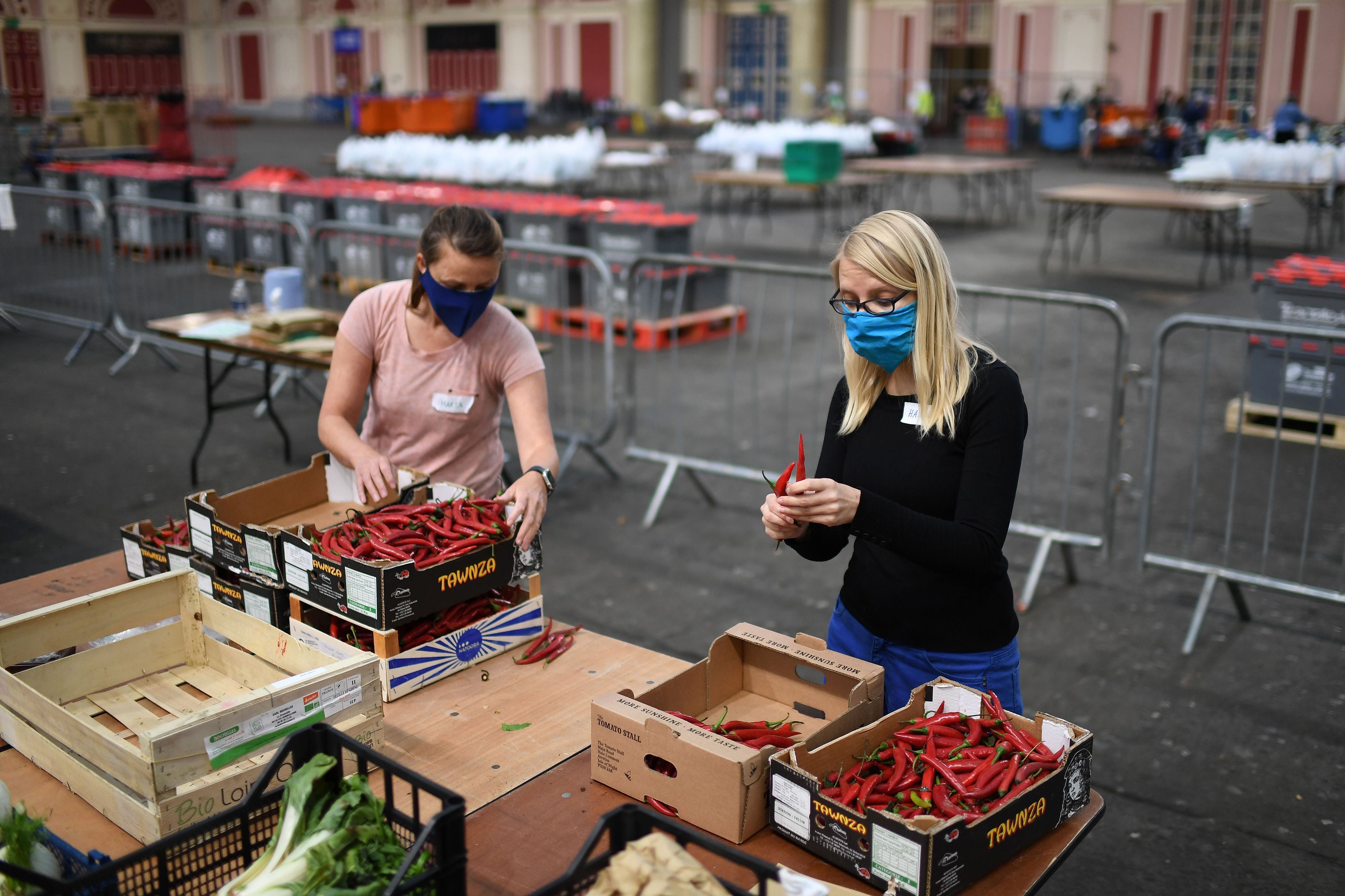A second wave of coronavirus could spell the end for small charities. We can’t let it
At the height of the pandemic in April, we were left hanging by a thread. We can only guess at the ravages that another surge could cause, writes Rosemary Macdonald


As we hear more and more reports of a looming second surge of coronavirus cases, I cast my mind back to the devastating impact the pandemic had on small charities all over the country in March.
Within weeks of the UK’s first lockdown, leading figures in the charity sector warned the government of a £4bn shortfall in funding.
The scale of economic distress we’ve seen across industries in the past six months makes it all too easy to become immune to such big figures.
But in reality, it represents hundreds of thousands of food packages, nights in sheltered accommodation and hours of crisis counselling that couldn’t be provided to Britain’s most vulnerable people.
Even the smallest funding gap in the charity sector risks leaving thousands of struggling families living without the charitable support that often plugs gaps in government provision.
When the pandemic hit, community foundations across the country supported well over 2,000 applications within a few weeks of emergency funding becoming available through the National Emergencies Trust Coronavirus Appeal. By August, UKCF had supported nearly 10,000 people. This far exceeds what we’d normally see over a similar time period and highlights the huge demand for the services of local charities during the crisis.
Now, a recent spike in coronavirus cases in the UK and across much of Europe, has led to many health experts and scientists warning of a second wave. While small charities took the first surge in demand in their stride – showing great agility, innovation and determination to help support people through the first lockdown – we must prepare for difficult months ahead to ensure a second peak doesn’t destroy small charities.
At the height of the pandemic in April, Robin Millar, Conservative MP, urged businesses and the public to protect small charities left hanging by a thread after two months of lockdown. We can only guess at the ravages that a second surge – and subsequent economic shutdown – could cause. Particularly if it lands during the challenging winter months.
A second surge will undoubtedly compound issues like fuel poverty, which are known to affect some of the most vulnerable in society. This includes those on low incomes, people with disabilities, or long-term illnesses and the elderly.
Otherwise left with an impossible choice between food and warmth in the harsh winter months, many such vulnerable individuals have relied for years on programmes such as Surviving Winter.
Using donations of unneeded fuel allowance from the public, local community foundations distribute support to people in need, usually in the form of providing blankets and boiler repairs, funding Meals on Wheels and lunch clubs, supporting homeless shelters and helping people to pay for their energy bills.
The threat of severe weather conditions can also incur significant demand for charitable services over the winter months. One only needs to look at the devastation caused by Storms Ciara and Dennis to see how its impact would be exacerbated by the pandemic.
Similarly, we have seen a sharp rise in unemployment in UK tourist hotspots due to the distancing and travel restrictions that have been in place for much of the year. The impact of the pandemic and a potential second lockdown will only compound issues like seasonal unemployment. With many likely to be unable to build the savings to get them through the leaner off-season, the demand for services like food banks could be huge.
While small charities will no doubt be affected by a second wave, we can take comfort in the way they performed so well in the first lockdown. If we do experience another surge in cases and subsequent lockdown, they will be more prepared, with contingency plans to ensure they can continue to accommodate demand and adapt to the circumstances.
Given the continued economic damage the virus is doing however, they will undoubtedly need public support too. It’s essential we continue to give back to the groups in communities which have done so much for us and ensure their survival through this virus.
Rosemary Macdonald is CEO of the UK Community Foundations charity



Join our commenting forum
Join thought-provoking conversations, follow other Independent readers and see their replies
Comments